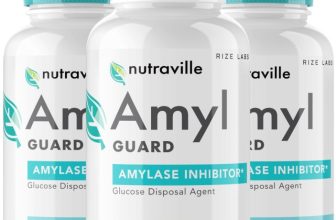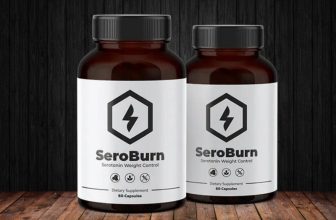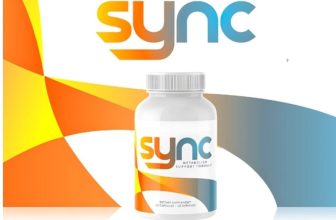Top 10 supplements to boost cognitive function in 2024.

Cognitive health is top of mind—not only as you age, but any time you long for improved focus, clarity and energy. While experts agree that a healthy diet and lifestyle are two important factors for brain health, research suggests certain supplements can also help support brain and cognitive health—especially for older adults, people following restricted diets and people navigating certain medical conditions.
1. Neurodrine
Neurodrine is a natural dietary supplement specifically crafted to enhance cognitive function, support memory, and improve focus. Created by Alan Walker, a scientist with over 20 years of experience in cognitive health, Neurodrine aims to offer a convenient, safe, and natural way to enhance brain performance. It is designed with the idea of boosting vital nutrients and creating optimal conditions for brain cell growth and connectivity, thus allowing users to experience improved memory, enhanced focus, and greater cognitive resilience.
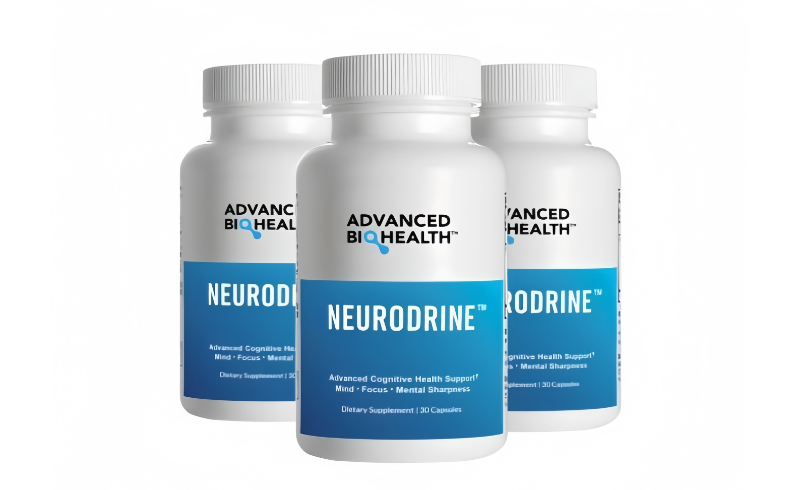
Advanced BioHealth’s Neurodrine is marketed as a nootropic—a supplement that helps improve various cognitive skills, including learning, memory, and problem-solving abilities. Made entirely of natural ingredients that are backed by research, Neurodrine aims to improve brain energy, protect neurons, and stimulate overall brain health.
2. Vitamin B12
Vitamin B12 plays a crucial role in the production of methionine, necessary for brain development. Its deficiency is particularly concerning in older adults, leading to neurological problems such as numbness, coordination issues, slowed nerve responses, and even brain shrinkage. Research suggests that elderly individuals not maintaining a proper diet are at a higher risk of cognitive decline associated with Vitamin B12 deficiency. This vitamin is essential for maintaining focus, attention, and overall cognitive health. Ensuring adequate B12 intake is vital, particularly among elderly populations, to mitigate the risk of cognitive deterioration.
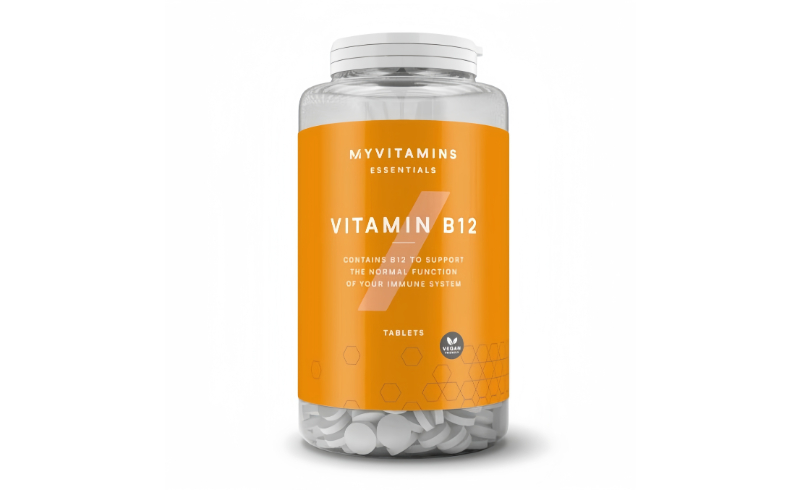
The analysis indicates that B12 acts directly on the nervous system, contributing to the production of neurotransmitters, and preventing issues like brain shrinkage. The deficiency of B12 is much more prevalent than expected among older adults, especially those living in isolation without adequate nutrition. The social aspect of B12 deficiency highlights the importance of nutritional interventions in community health strategies.
3. Ginkgo Biloba
Ginkgo Biloba has long been used in traditional Chinese medicine for treating ailments like asthma and bronchitis. Today, it’s recognized for its dual role in enhancing brain function and mitigating degenerative diseases like Alzheimer’s. Its significant impact on blood flow helps carry essential nutrients and oxygen to brain cells, optimizing cerebral circulation. Studies show its effectiveness in improving concentration and mental performance, especially immediately following intake.
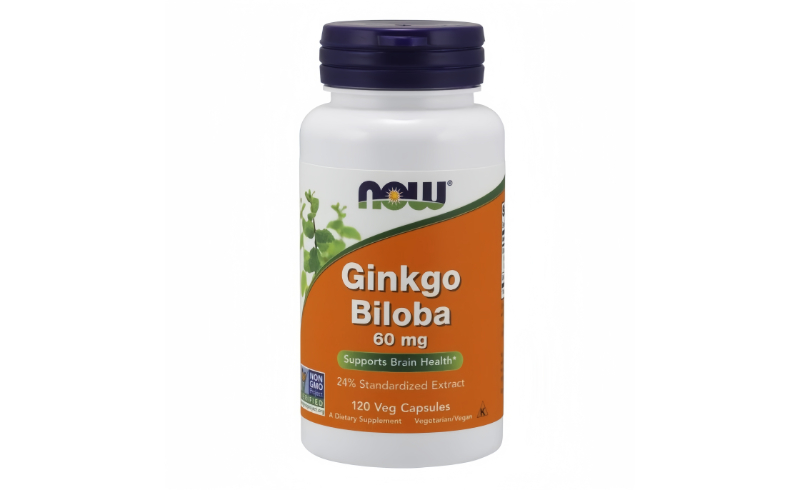
The analysis shows that Ginkgo Biloba’s primary function is in the enhancement of blood circulation, which directly impacts cognitive performance. By improving cerebral blood flow, Ginkgo Biloba helps ensure nerve cells get the nutrients they need, which is crucial for maintaining cognitive agility and preventing degenerative diseases like Alzheimer’s.
4. Ashwagandha
Ashwagandha, an ancient herb in Ayurvedic medicine, is increasingly gaining recognition for its potential in boosting memory, reducing stress, and enhancing executive functions. A clinical trial demonstrated that participants using Ashwagandha had significant improvements in memory, attention, and information-processing speed compared to those who took a placebo.

Ashwagandha functions by reducing cortisol levels, which, in turn, has a calming effect on the brain, enhancing overall mental performance. This herb’s impact on stress reduction and its adaptogenic properties suggest its use could be particularly beneficial in populations dealing with chronic stress or cognitive impairments.
5. Creatine
While primarily known for its benefits in sports and muscle recovery, creatine also has promising effects on the brain. Studies have shown that creatine supplementation elevates brain creatine levels, which assists in cognitive function during periods of increased metabolic demands, such as during sleep deprivation or mental exertion. The link between creatine and energy production in brain cells suggests that it may be useful for people suffering from conditions involving brain injury or mental fatigue.
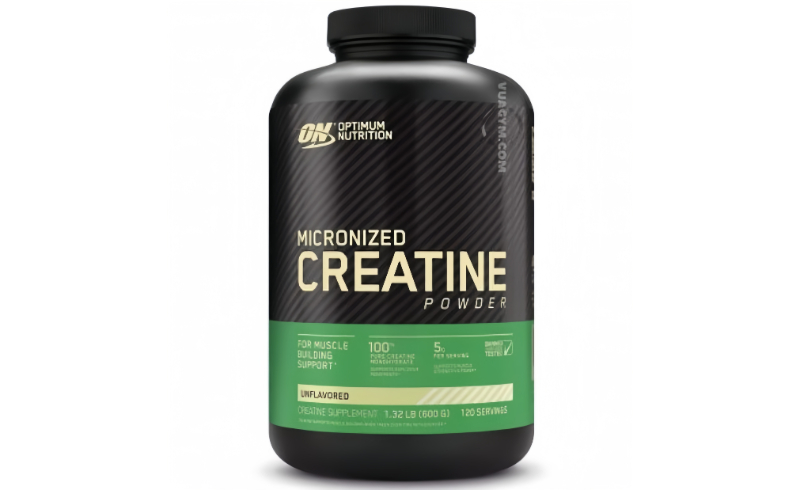
The deep analysis reveals that creatine’s benefit is linked to its role in energy metabolism. It helps maintain ATP levels during high-energy demands, making it a valuable supplement for athletes, students, and those needing to maintain focus under challenging conditions.
6. L-Theanine
L-Theanine, a naturally occurring amino acid found in tea leaves, is associated with reduced mental fatigue and improved focus. When combined with caffeine, it enhances reaction times and attention, making it a popular supplement among individuals seeking to improve cognitive performance during tasks that require sustained attention.
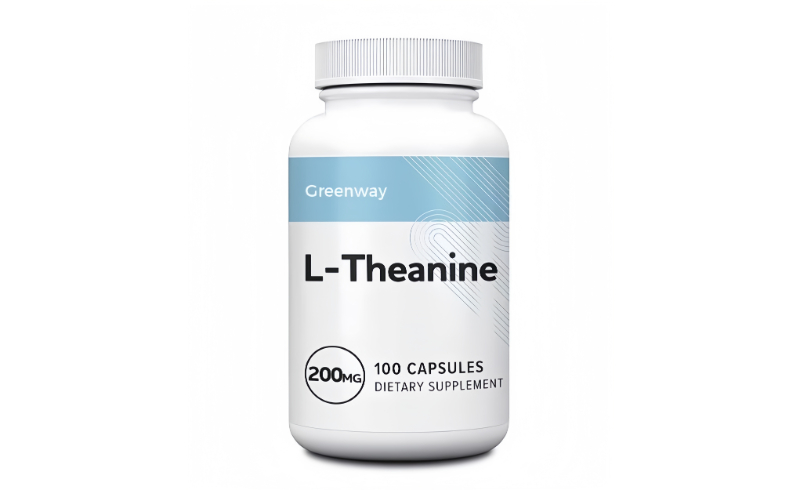
L-Theanine’s role in enhancing mental performance can be linked to its neuroprotective effects and its ability to promote alpha-wave activity in the brain, which induces a state of relaxed alertness. This compound is particularly interesting for individuals dealing with anxiety or stress, as it provides cognitive enhancement without the overstimulation often associated with caffeine.
7. Lion’s Mane Mushroom
Lion’s Mane is a “nootropic” mushroom known for promoting the growth of brain cells and significantly enhancing memory. The compound hericene A, found in Lion’s Mane, promotes neuronal growth, suggesting its potential as a treatment for cognitive decline. Studies also indicate that the mushroom could improve memory functions, making it a promising supplement for those interested in natural cognitive enhancers.
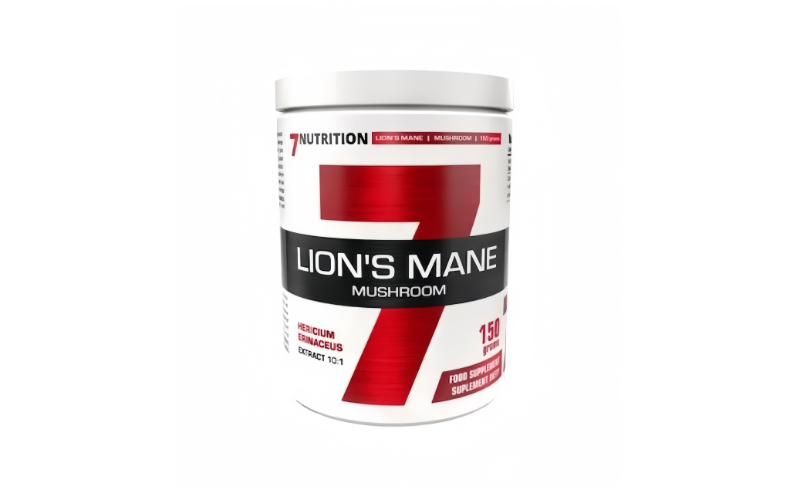
The analysis suggests that Lion’s Mane can improve memory by enhancing a brain pathway critical for memory retention. Its neurogenic properties might be particularly useful for people at risk of neurodegenerative conditions or for anyone looking to enhance their cognitive capacity.
8. Citicoline
Citicoline is an effective supplement for enhancing cognitive functions like memory, focus, and overall brain health. Citicoline works by giving energy to brain cells, reducing oxidative stress, and supporting neuronal regeneration. A study titled ‘Citicoline Improves Human Vigilance and Visual Working Memory’ demonstrated that participants using citicoline showed significant improvements in attention and memory.
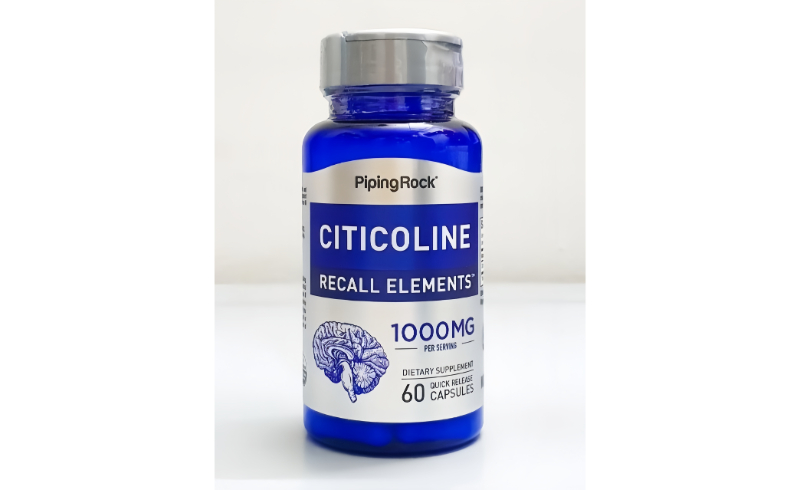
The mechanism behind citicoline’s effectiveness lies in its ability to improve synaptic plasticity, which is crucial for learning and memory. Additionally, it enhances phospholipid synthesis in cell membranes, helping to repair damaged brain cells, thus supporting cognitive function even under challenging conditions like aging or injury.
9. Omega-3 Fatty Acids
Omega-3 fatty acids are critical for brain health, especially EPA and DHA, which have been shown to regulate mood and prevent neurodegenerative diseases. Omega-3 supplementation enhances learning, memory, and cognitive health while supporting blood flow to the brain. Studies also show that Omega-3s are particularly beneficial for lonely individuals, seniors, and those with a low intake of Omega-3 rich foods.
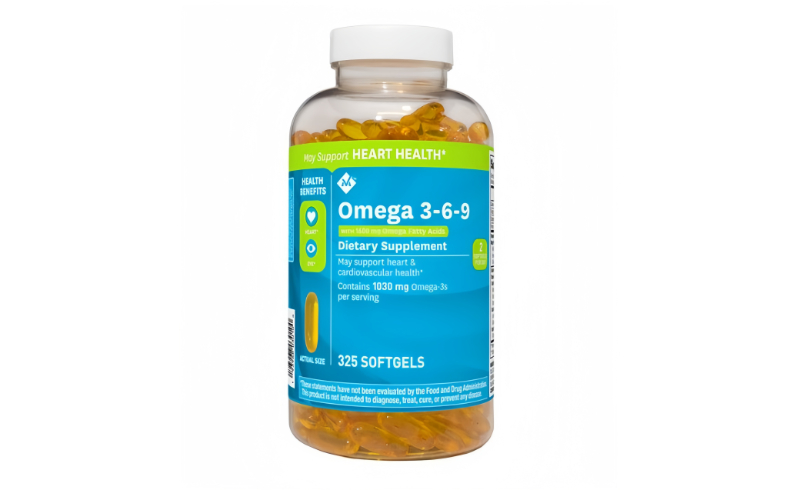
The deep analysis shows that Omega-3s are not just important for cardiovascular health but also vital for maintaining healthy brain function. DHA plays an essential role in maintaining cellular health in the brain, while EPA’s impact on mood regulation suggests that Omega-3s could be a potential treatment for mood disorders like depression.
10. Vitamin D
Vitamin D deficiency has been linked to various neurological conditions, including dementia, depression, autism, and schizophrenia. The sunshine vitamin is crucial for brain development and maintaining cognitive function throughout aging. A 2017 study emphasizes that Vitamin D supplementation helps maintain cognitive function, although excessive supplementation can lead to adverse effects like elevated calcium levels.
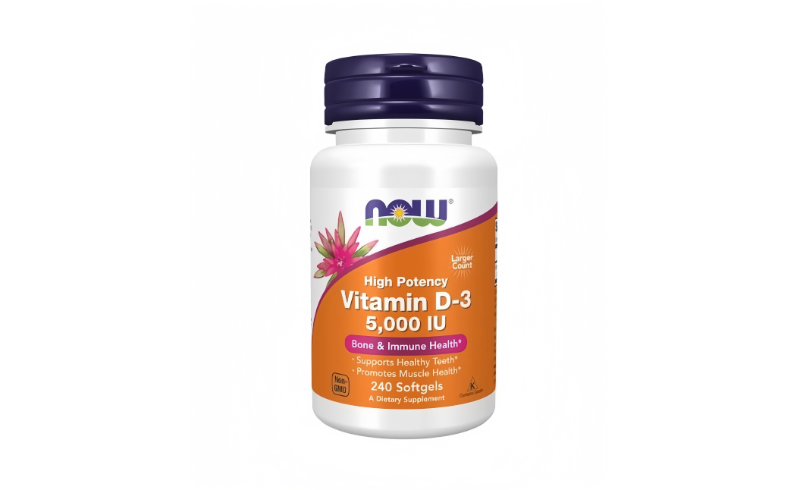
The analysis reveals Vitamin D’s role as a neuromodulator, affecting the synthesis of neurotransmitters and neurotrophic factors. Its deficiency, particularly in older populations, is associated with increased cognitive impairment, suggesting the need for supplementation in vulnerable groups.
Conclusion

The supplements analyzed here show significant promise in enhancing various aspects of cognitive function, from improving memory and attention to mitigating the effects of neurodegenerative diseases. A strategic approach to supplementation, guided by individual needs and conditions, can provide valuable support for both cognitive enhancement and the prevention of decline. Given the increasing rates of cognitive impairment and neurodegenerative diseases, these natural compounds offer a valuable, largely accessible route to support brain health throughout different life stages.



